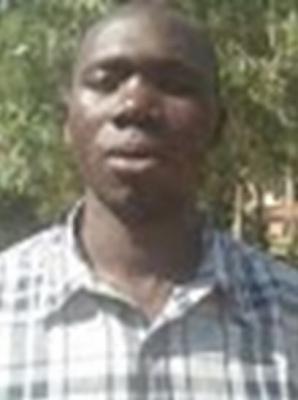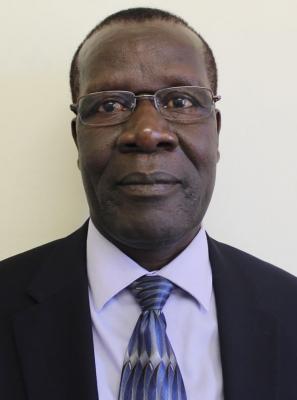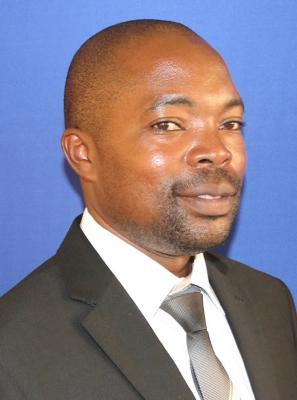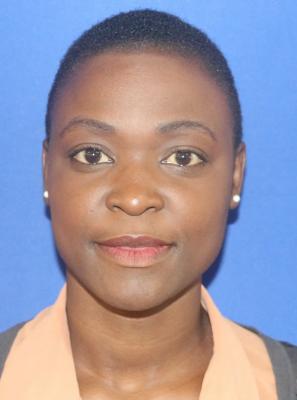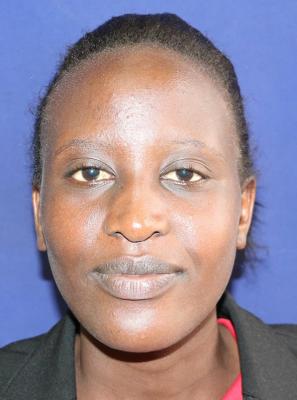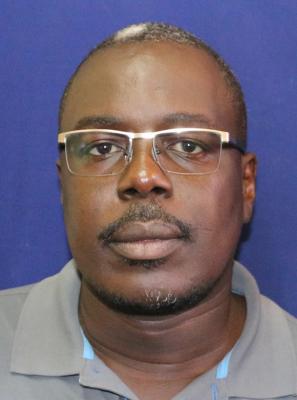
ABOUT MSc. in Food Security and Sustainable Agriculture
Develops human and infrastructural capacity for innovative research, training, technology development and transfer in Insect value chain as a contribution to Food Security and sustainable Agriculture for use as a food resource.- Admission Requirements
- Philosophy of the Programme
- Rationale of the Programme
- Goal of the Programme
- Expected Learning Outcomes
- Academic organization of the programmes
- Management and Administration of the Programme
- Units Distribution
JOOUST criteria for a Master Degree Programme shall apply:
Candidates wishing to pursue a Master Degree in Food Security and Sustainable Agriculture programme at Jaramogi Oginga Odinga University of Science and Technology must meet the following requirements;
- Holders of at least Upper Second Class Honours Bachelor’s degree in Food Security, and other Agricultural and Food Sciences or equivalent qualification from recognized Universities.
- Holders of a Lower Second Class Honours degree in Agricultural and Food Sciences
related field or postgraduate Diploma in Agriculture, or Agricultural and Food science related fields from any recognized universities and evidence of two years’ of relevant work experience.
This programme is designed for the development of Innovative approaches to food security and Sustainble Agriculture for improved livelihoods
Global human population is projected to reach nine (9) billion by 2050. The highest increase is expected to occur in African countries whose current average population growth is 2.5 % per annum. The largest number of food insecure persons are in Sub Saharan Africa. At the same time, environmental degradation has been on the increase in Africa. Due to a number of factors such as unsustainable food production practices, a reduction to production and provision of proteins, climate change, and inadequate skilled personnel, food insecurity situation has worsened in the last few decades creating uncertainties and pressures on current food and economic systems. . Several strategies have been developed to combat food insecurity: including SDGs, MTPs, Vision 2030 and Constitution of Kenya 2010. However, there is a dire need to train skilled professionals in food security and sustainable agriculture. The program is therefore designed to develop capacity for innovative research and technology development in food security and suitable agriculture with a particular emphasis in insect value chain as an emerging food resource. Insects reproduce quickly and have high growth and feed conversion rates and low environmental impact. Insects have high protein content and this provides an alternative from the conventional sources such as beef which require high investments. In the development of this program, various stakeholders were involved including community, government agencies, industry, research institutions and institutions of higher learning.
Goal of the Programme
The programme will develop human and infrastructural capacity for innovative research, training, technology development and transfer in Insect value chain as a contribution to Food Security and sustainable Agriculture for use as a food resource.
The programme will develop human and infrastructural capacity for innovative research, training, technology development and transfer in Insect value chain as a contribution to Food Security and sustainable Agriculture for use as a food resource.
On successful completion of the program the students should be able to;
- Examine national, regional and global policy options for food security in ensuring food safety, availability and nutritional quality of alternative food sources.
- Illustrate an understanding of strategies used in food security interventions for sustainable agriculture.
- Exhibit capacity to design and implement innovative contextual agricultural interventions for food security and sustainable agriculture in developing strategies for alternative food sources
- Conduct applied and strategic research underpinning the development of technologies and innovations to improve the sustainability of agricultural food production systems.
- Demonstrate skills for networking and establishing partnerships with industry, NGOs and other academic and research institutions relevant to food security and sustainable agriculture.
Academic organization of the programmes reflecting academic quarters/ trimesters/semesters.
The Programme will be undertaken by Coursework, Examination, and Thesis work. The programme shall normally take two years of study. Year one of study will comprise of two semester course work while year two of study will comprise of research and thesis writing. The students shall take five compulsory course units in year one semester one. In year one semester two, the students shall take three compulsory course units and any two other units among the two options provided. The second year of study will be dedicated for proposal, research and thesis writing.
- Lecturers from the School of Agricultural and Food Sciences as well as from other JOOUST Schools teaching full time will provide lectures and monitor class tutorials. Where such approach is inadequate, qualified part time lecturers will be recruited to support the proposed programme. In addition, lecturers from collaborating universities and research institutions both within and without Kenya, especially in Africa, will be engaged in the Programme as visiting or exchange staff.
- Regular Program review , relevant stakeholders reviews , departmental and regular School boards, course evaluation, external examiners and moderation during delivery, university policy on quality, CUE standards, ISO standards
|
Year 1 Semester 1 |
|
|
AFB 5111 |
Research Methods |
|
AFB 5112 |
|
|
AFB 5113 |
Agro biodiversity Management |
|
AFB 5114 |
Sustainable Agriculture and Food Security |
|
AFB 5115 |
Food Systems and Resources |
|
Year 1 Semester 2 |
|
|
AFB 5121 |
Statistical Methods |
|
AFB 5122 |
Entrepreneurship and Value Chain Management in Agriculture |
|
AFB 5123 |
Food quality, Safety and Risk Management |
|
Option A |
|
|
AFB 5124 |
|
|
AFB 5125 |
Agricultural Policy Analysis |
|
Option B |
|
|
AFB 5126 |
Post-Harvest Technologies and Value Addition |
|
AFB 5127 |
Innovations for Sustainable Food Systems |
|
Year 2 Semester 1 |
|
|
AFB 5211 |
Thesis I |
|
Year 2 Semester 2 |
|
|
AFB 5221 |
Thesis II |
Featured Lecturers
Prof. Reuben Mosi
Lorem ipsum dolor sit amet, consectetur adipisicing elit, sed do eiusmod tempor incididunt ut labore et dolore magna aliqua.


